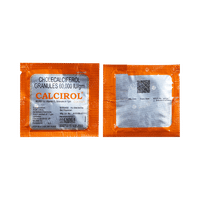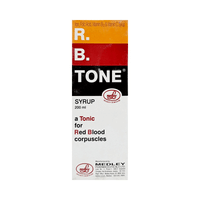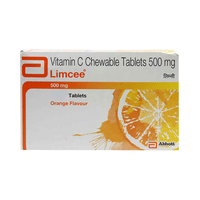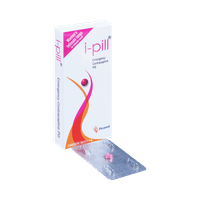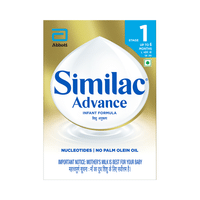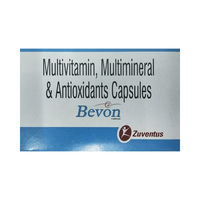Available in other variants
food interaction for Paclicad Injection
alcohol interaction for Paclicad Injection
pregnancy interaction for Paclicad Injection
lactation interaction for Paclicad Injection
food
alcohol
pregnancy
lactation
No interaction found/established
It is not known whether it is safe to consume alcohol with Paclicad 100mg Injection. Please consult your doctor.
CONSULT YOUR DOCTOR
Paclicad 100mg Injection is highly unsafe during pregnancy. It can cause serious harm to the unborn baby, including birth defects and pregnancy loss. Do not use this medicine if you are pregnant or planning to become pregnant.
UNSAFE
Paclicad 100mg Injection is unsafe to use during breastfeeding. Data suggests that the drug may cause toxicity to the baby.
UNSAFE
SALT INFORMATION FOR Paclicad 100mg Injection
Paclitaxel(100mg)
Paclicad injection uses
{med_name} is used in the treatment of breast cancer, pancreatic cancer and non-small cell lung cancer.
How paclicad injection works
Paclicad 100mg Injection is an anticancer medication. It works by interfering with the microtubule structures which help the cancer cells to divide and multiply. This slows the growth of cancer cells and eventually kills them.
Common side effects of paclicad injection
Nausea, Vomiting, Weakness, Low blood platelets, Rash, Upper respiratory tract infection, Urinary tract infection, Bleeding, Anemia (low number of red blood cells), Flushing (sense of warmth in the face, ears, neck and trunk), Hair loss, Decreased blood pressure, Peripheral neuropathy (tingling and numbness of feet and hand), Diarrhea, Decreased white blood cell count (neutrophils)
SUBSTITUTES FOR Paclicad Injection
37 Substitutes
37 Substitutes
Sorted By
 Rs. 9338.93save 22% more per ml of Injection
Rs. 9338.93save 22% more per ml of Injection Rs. 787.90save 75% more per ml of Injection
Rs. 787.90save 75% more per ml of Injection Rs. 3843.21pay 1716% more per ml of Injection
Rs. 3843.21pay 1716% more per ml of Injection Rs. 592.20save 81% more per ml of Injection
Rs. 592.20save 81% more per ml of Injection Rs. 3403.13pay 11% more per ml of Injection
Rs. 3403.13pay 11% more per ml of Injection
Expert advice FOR Paclicad Injection
- Paclitaxel is an anti-cancer medication used for the treatment of breast cancer, pancreatic cancer, and non-small cell lung cancer.
- It is given as an intravenous (IV) injection into your vein, usually over 1 hour and every three weeks.
- Do not take Paclitaxel if you are pregnant or breastfeeding. Use reliable methods of contraception to prevent pregnancy while taking this medicine.
- Your doctor may get regular blood tests done to monitor your blood cells and liver function during treatment with this medicine.
- Inform your doctor if you notice unexplained bruising or bleeding, sore throat, mouth ulcers, high temperature (fever) or other signs of infection.
- Talk to your doctor if you have sudden weight gain or if you have swelling in your arms and legs that doesn't go away.
Frequently asked questions FOR Paclicad 100mg Injection
Paclitaxel
Q. Is Paclicad 100mg Injection generic/ taxane/ FDA approved/cytotoxic?
Yes, Paclicad 100mg Injection is generic/ taxane/ FDA approved/ cytotoxic
Q. Is Paclicad 100mg Injection a vesicant?
Paclicad 100mg Injection is usually a vesicant (irritant)
Q. Is Paclicad 100mg Injection light sensitive/ hydrophobic/ cardiotoxic?
Yes, Paclicad 100mg Injection is light sensitive/ hydrophobic/ cardiotoxic
















